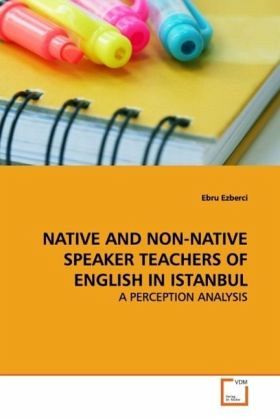
NATIVE AND NON-NATIVE SPEAKER TEACHERS OF ENGLISH IN ISTANBUL
A PERCEPTION ANALYSIS
Versandkostenfrei!
Versandfertig in 6-10 Tagen
32,99 €
inkl. MwSt.

PAYBACK Punkte
16 °P sammeln!
The book reports a study investigating thedifferences between the career perceptions of nativeEnglish speaking teachers (NESTs) and non-nativeEnglish speaking teachers (NNESTs) working atuniversities in Istanbul, and the twogroups perceptions of the strengths and weaknesses ofNESTs and NNESTs. The study was conducted with 172participants working in 10 different institutions inIstanbul. Data was collected through a questionnaireconsisting of four parts. In addition, 15participants were interviewed. The results revealthat a great majority of therespondents view English language teaching (ELT) as...
The book reports a study investigating the
differences between the career perceptions of native
English speaking teachers (NESTs) and non-native
English speaking teachers (NNESTs) working at
universities in Istanbul, and the two
groups perceptions of the strengths and weaknesses of
NESTs and NNESTs. The study was conducted with 172
participants working in 10 different institutions in
Istanbul. Data was collected through a questionnaire
consisting of four parts. In addition, 15
participants were interviewed. The results reveal
that a great majority of the
respondents view English language teaching (ELT) as a
career or profession. When the two groups were
compared, the percentage of the NNESTs who view ELT
as a career or profession is higher than that of
NESTs. While indicating similar viewpoints between
NESTs and NNESTs regarding their views of ELT, the
study found differences in the perceptions of the
important qualifications of teachers, and the
strengths and weaknesses of NESTs and NNESTs.
differences between the career perceptions of native
English speaking teachers (NESTs) and non-native
English speaking teachers (NNESTs) working at
universities in Istanbul, and the two
groups perceptions of the strengths and weaknesses of
NESTs and NNESTs. The study was conducted with 172
participants working in 10 different institutions in
Istanbul. Data was collected through a questionnaire
consisting of four parts. In addition, 15
participants were interviewed. The results reveal
that a great majority of the
respondents view English language teaching (ELT) as a
career or profession. When the two groups were
compared, the percentage of the NNESTs who view ELT
as a career or profession is higher than that of
NESTs. While indicating similar viewpoints between
NESTs and NNESTs regarding their views of ELT, the
study found differences in the perceptions of the
important qualifications of teachers, and the
strengths and weaknesses of NESTs and NNESTs.



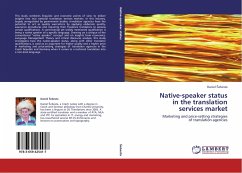
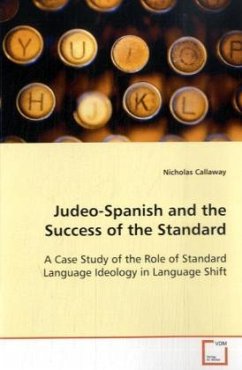
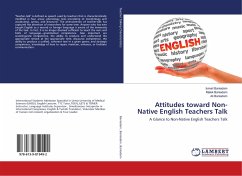
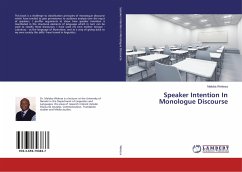
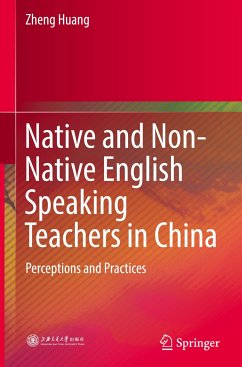
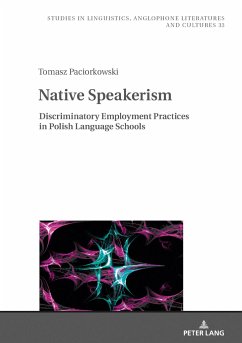
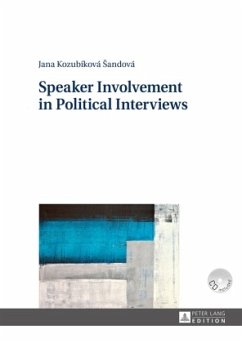
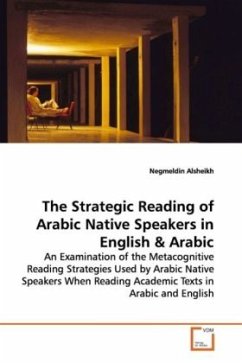
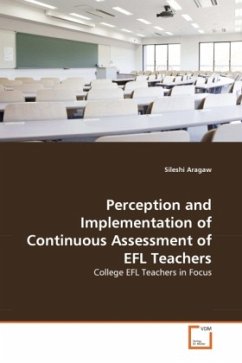
![The Acquisition of English Soun[dz] by Native Japanese Speakers Cover The Acquisition of English Soun[dz] by Native Japanese Speakers](https://bilder.buecher.de/produkte/25/25576/25576320n.jpg)